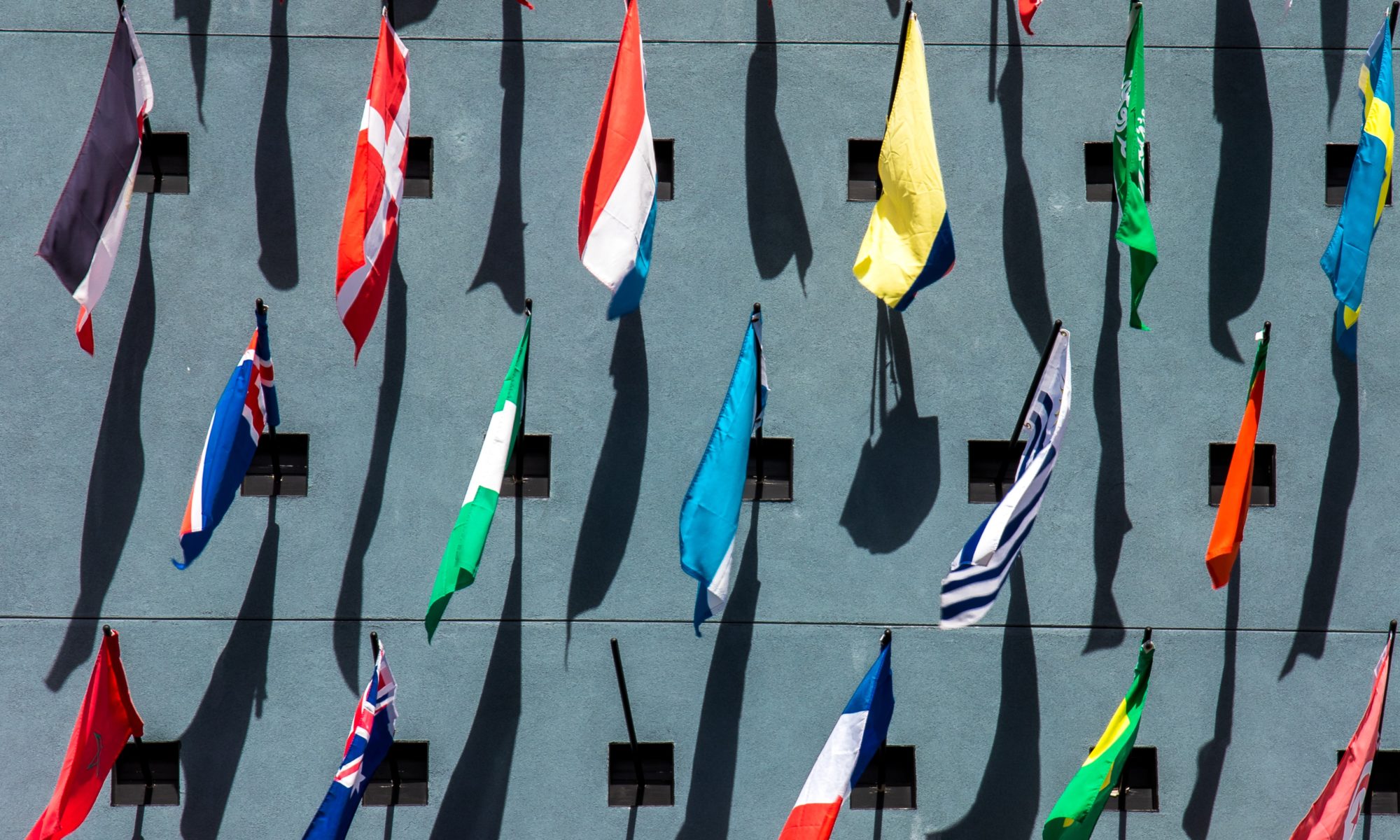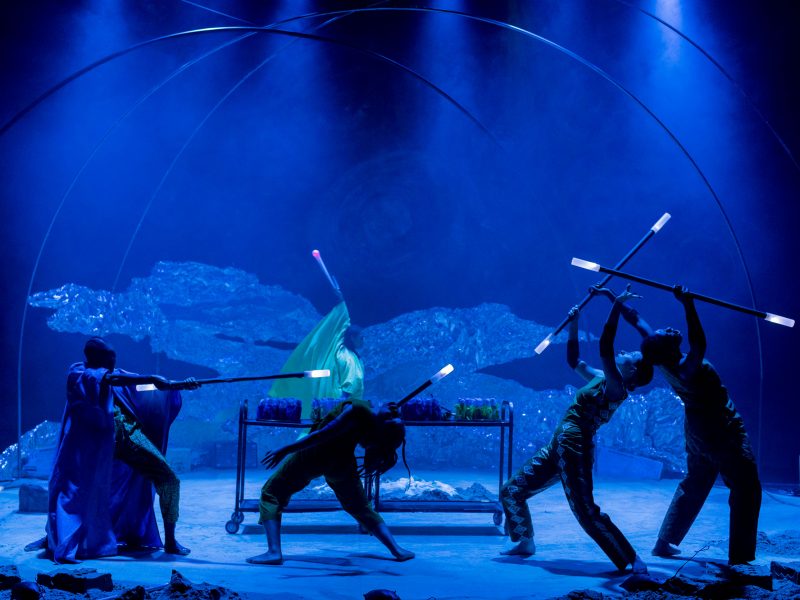Report Global-Vision Final Report
Future Arts Centres ‘Eurovision’ project set out to explore how arts centres could work internationally, to find ways of working that retained our connections to our local communities whilst at the same time, benefited from international ideas, resources and networks.
Global-Vision

Resources:
Future Arts Centres’ Global-Vision project set out to explore how arts centres could work internationally, to find ways of working that retained our connections to our local communities whilst at the same time, benefited from international ideas, resources and networks.
Future Arts Centres’ Global-Vision project set out to explore how arts centres could work internationally, to find ways of working that retained our connections to our local communities whilst at the same time, benefited from international ideas, resources and networks.
Although initially conceived before the EU Referendum, the project was funded just after the UK voted to leave. Conversations with potential European partners understandably cooled a little after the referendum, and following discussions with Arts Council England, it felt appropriate to look both within and beyond Europe, a shift which further fuelled our ambitions.
The programme was designed to grow over the three years, from initial explorations by the project leads (which had begun prior to the funding application, seeding the initial idea), to activity led by Future Arts Centres’ nine core founding partner venues, to involvement of a second tier of member venues to a final event, where more than 40 arts centre leaders gathered for a day’s thinking and reflection on the topic.
Two key elements sat at the heart of the project. ‘Creative dialogues’ were a way of providing venues with time and resource to explore aspects of international arts and cultural activity that were relevant to them, in their place and their community. Stemming from the idea of a conversation or exchange between a UK and international organisation, without the need for a tangible outcome, they became multi-faceted, and often multi-partnered, adding to the richness of learning for those involved.
The second element was the opportunity to use these newly established relationships to commission bold, ambitious new work, something arts centres rarely have the luxury to do, particularly at this scale.
The programme involved 18 UK arts centres and multiple international partners drawn from 23 different countries, all of which were visited by one or more of our members. The six international co-productions represent our artistic ambitions and values, with commissioned artists include leading Canadian theatre company Theatre Replacement, experiential theatre-maker Christopher Green, writer and performer Inua Ellams and interdisciplinary artist Natasha Davis. Overall, Global-Vision involved more than 80 artists, providing 800+ days of employment and 150 staff. The resulting work will reach audiences in excess of 10,000.
The project, as anticipated, led to a shift in thinking with all core partners intending to continue working internationally, with many already having concrete plans and/or funding in place to present international work or host international artists. This includes the Albany’s three-year young people’s programme with partners from France, Germany, Italy and Slovenia, funded through a successful 200,000 euro Creative Europe bid; a residency at MAC for Malian artist Aboubakar Fofana and Rich Mix’s formation of an international advisory group, with representatives from their Creative Dialogue partners.
We were pleased to see that this shift in ambition around working internationally also extended to members who weren’t directly involved in the programme. The final event, held at the Albany in March 2019, elicited the following feedback:
“I wasn’t entirely convinced of the value of international work before going, and now I’m really interested in the possibilities!”
“Really enjoyable and has ignited my enthusiasm for looking out from the local perspective – even if we don’t ever find a way to work internationally in the near future.”
Two bursaries were awarded to members at the event, to seed fund their international ambitions, for Cast in Doncaster to connect with street arts festivals in Poland and for Queen’s Hall in Hexham to support their youth theatre to make links with a similar group in Jordan.
Our members have also committed to continuing to engage with networks encountered during Global-Vision, including ISPA (International Society for Performing Arts), IETM, Circostrada and Trans Europe Halles (FAC is an Associate Member).
Without doubt, Global-Vision has transformed the way Future Arts Centres thinks about working internationally, enabling us to find new ways of connecting our own artists, staff and communities with those across the world.
